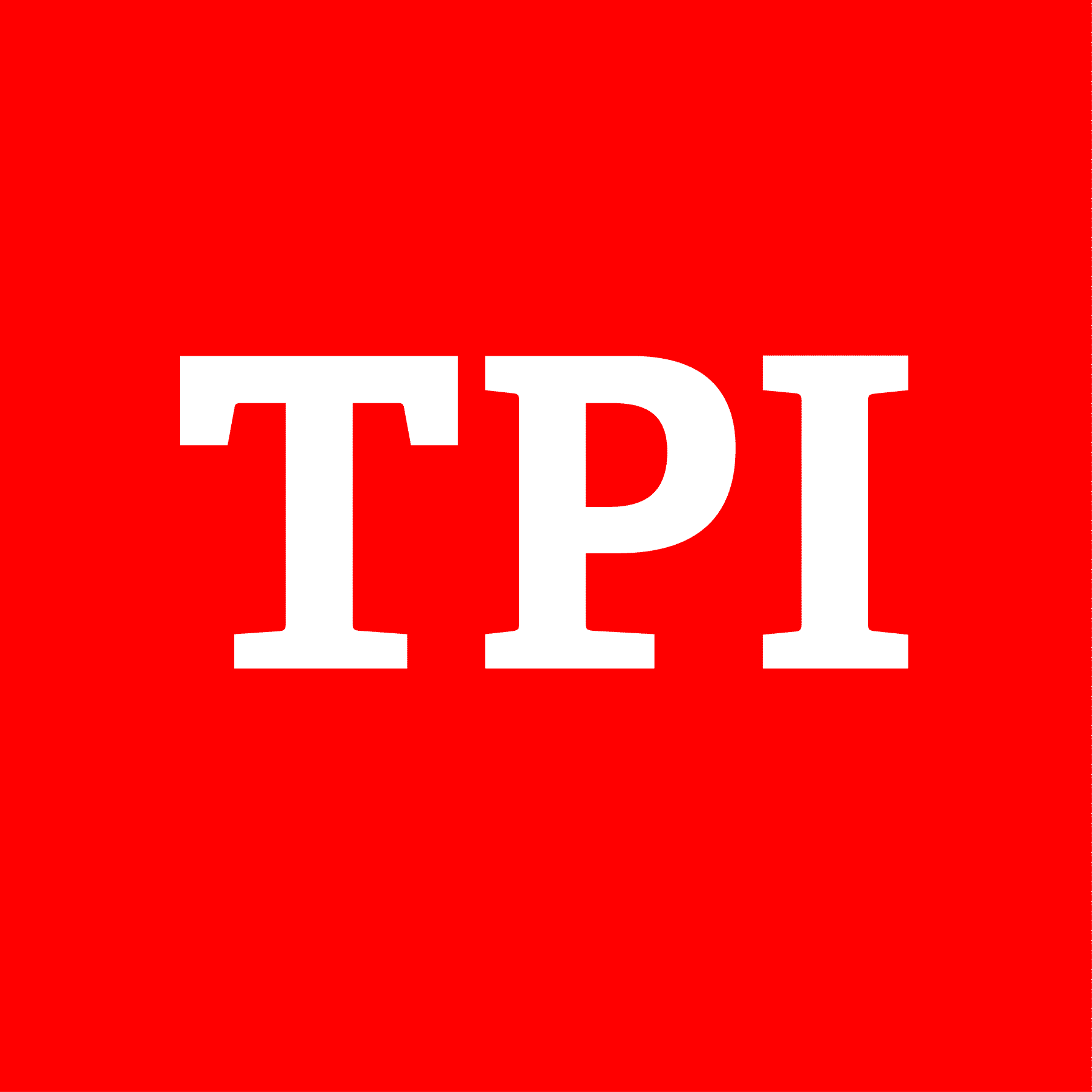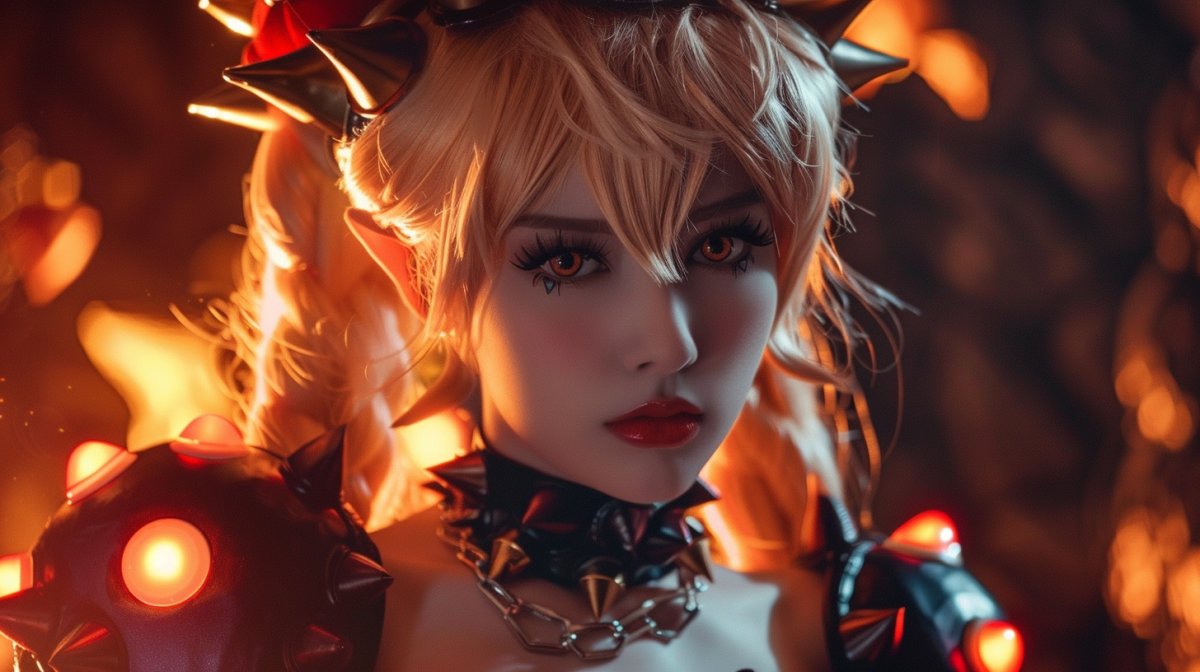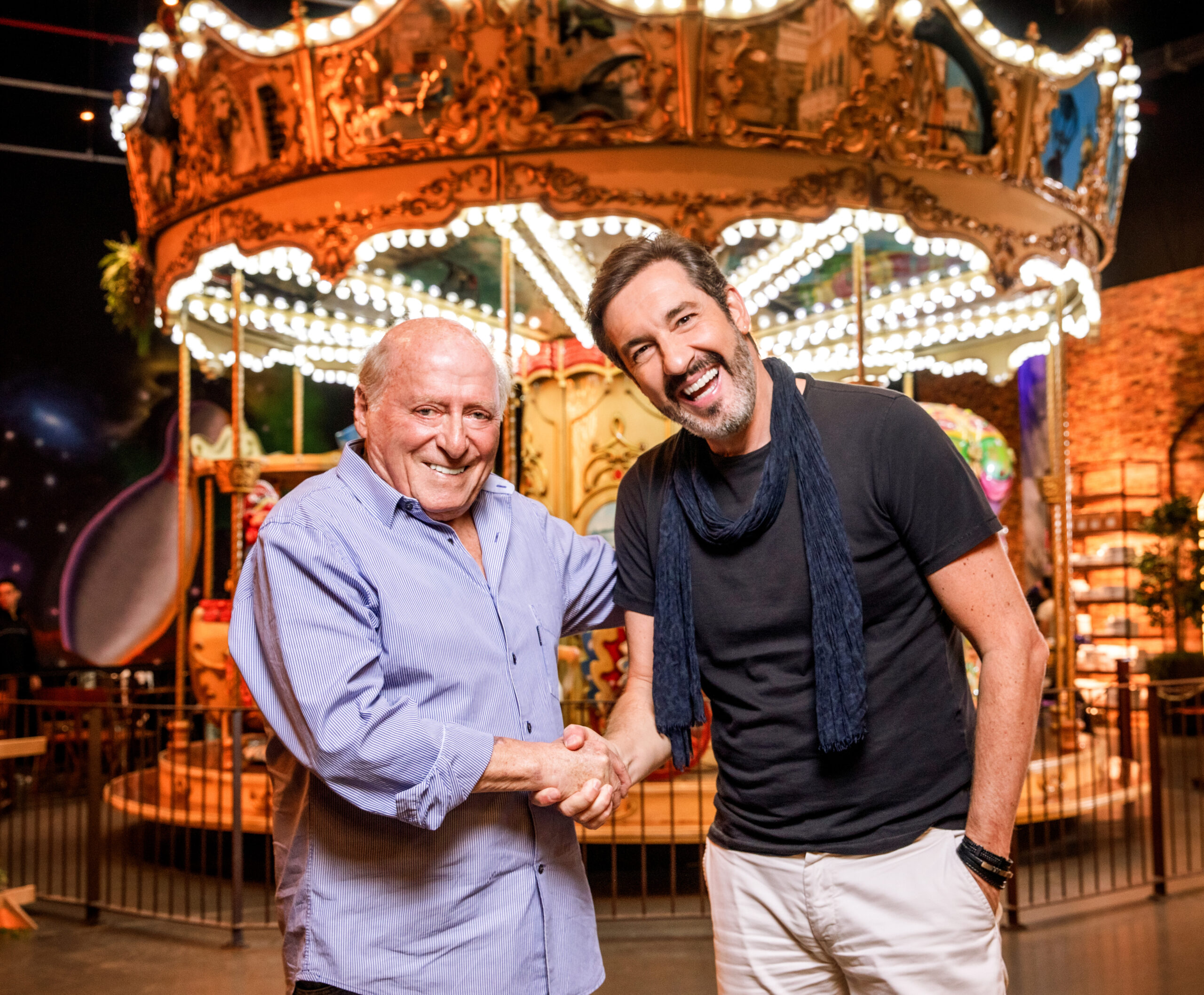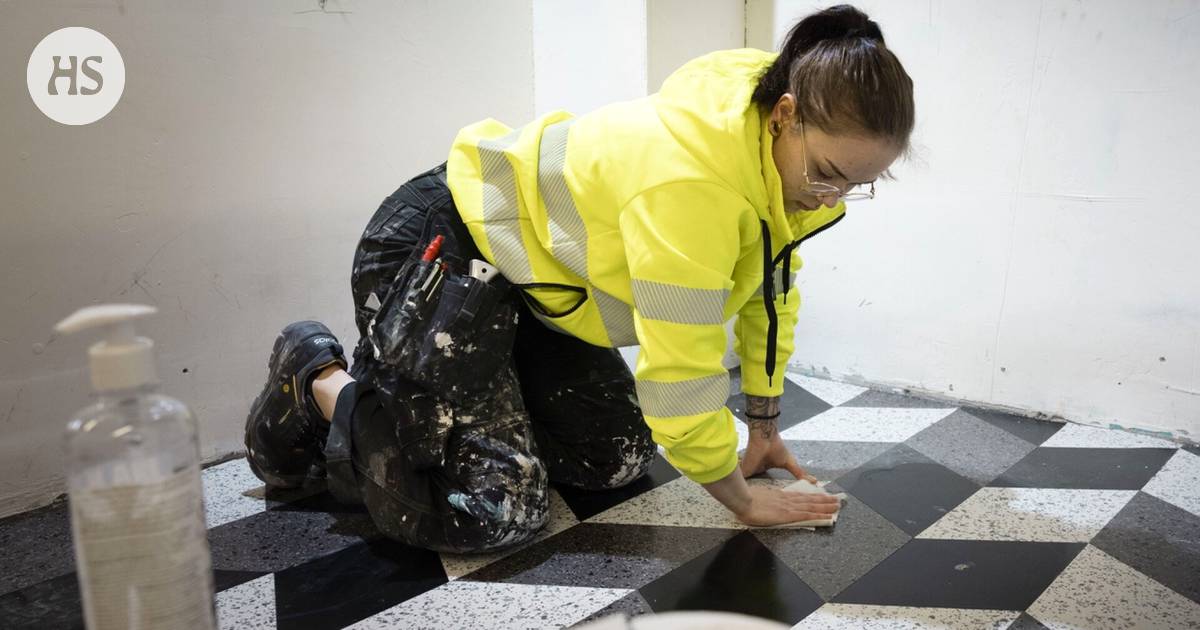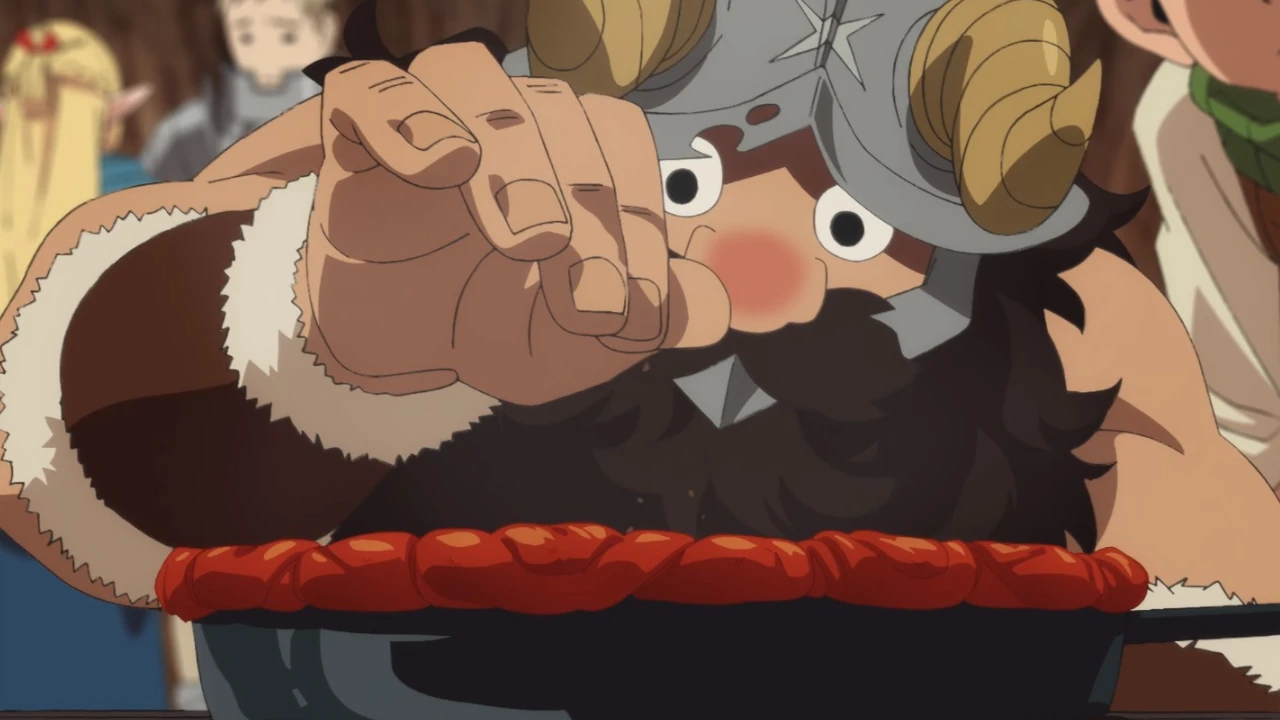A mountain of debt, sometimes billions of euros per company. Spicy interest payments. Peppered yield requirements from the owner. And a business strategy that only wants one thing: growth.
In short, that is the way the large private equity financiers work, who bought large Dutch companies in the years before Covid-19.
NRC examined twelve large Dutch companies with private equity owners. From the holiday parks of Roompot to the margarine division of food company Unilever, from the fast-growing dentist chain Curaeos to childcare center Partou.
How did they get through the corona crisis? Did their highly indebted growth model hold up as the economy entered contraction and lockdown, with consumer confidence yo-yoing, followed by new store closures and economic recovery?
You know how they have endured corona from listed companies, which provide their investors with information every quarter. But companies owned by private equity financiers don’t flaunt their results. However, the twelve companies surveyed are so large that they have to file an annual report with the Chamber of Commerce. But their owners, the private equity financiers themselves, do keep their books closed to the outside world. The exception is the British financier 3i, which is listed on the stock exchange.
This 3i, major shareholder of bargain chain Action, was cornered in two ways by the outbreak of the corona virus. First, the stores had to close. Was that the end of the growth of the Dutch showpiece?
Second, an equity transaction that closed in mid-January 2020. The unbridled growth of the previous years was the basis for this billion-dollar transaction in Action shares. That transaction was suddenly seen in a different light when the world went into lockdown from March. Some of the shareholders had secured their billion-dollar profit on Action shares in January, while new capital providers had paid colossal sums to become co-owners. All under the direction of 3i. And then suddenly Covid-19 came. Investors looked into a black hole. What was Action worth in a lockdown?
That is why 3i had to explain in detail to its lenders that nothing dubious had happened two months earlier. The selling shareholders were not favored. Nothing was concealed from the new investors. Covid had also unexpectedly turned everything upside down for 3i.
And now, more than a year and a half later? Action flourishes. Hajir Hajji will succeed Sander van der Laan as CEO as of January 1, who held the position for six years.
In 2020, the chain opened 164 new stores (total end of 2020: 1,716), converted 10 percent more (5.6 billion euros), hired 5,000 additional people (end 2020: 46,000) and paid its owners 750 million euros in dividends. Action says it has received 18 million euros in wage subsidies from governments, especially in France, its largest market. The store closures at the beginning of 2021 again dented turnover, but, the management writes in the annual report, last year you saw the same phenomenon after each reopening: eager consumers came back and created catch-up demand.
At the dentist
As loyal as the Action customers were, the dental chain Curaeos was so painful. In early August, the owners, including private equity financier EQT, sold the company to the Swiss dental care chain Colosseum Dental Group, owned by the wealthy Swiss Jacobs family. The Dutch chain has 186 dental practices, 129 of which are in their own country. Seller EQT gave it a positive spin: Curaeos was able to continue to grow under a new owner. The two parties would not say how much the Colosseum paid, as is customary in the private equity world.
EQT’s explanation masked a flopped investment. Curaeos had not lived up to the high expectations. EQT acquired the company in 2017 from the Dutch private equity fund Gilde. Pension money manager PGGM then became co-owner. The acquisition price in 2017 amounted to 761 million euros.
Until its sale in 2017, Gilde had combined a range of dental practices as the basis for European expansion. The aim of EQT and PGGM: to repeat Gilde’s success, but on a European scale. The idea: to create joint purchasing, marketing and strong brand names in a sector where there is always demand. In which customers are loyal to their dentist.
The effect was disappointing. Growth targets were not met. Even before corona, the leadership was changed. The pandemic did the rest. The loss in 2019 and 2020 combined: 400 million euros. To save the company, banks convert part of their loans into shares. EQT also put new capital on the table. Such a capital injection is an emergency measure that financiers abhor. Sale to the Jacobs family offered an ideal farewell.
The holiday parks of Landal Greenparks were taken over by Roompot during corona time Photo Robin van Lonkhuijsen
The private equity world has seen more such flops in the last two years. Banks also had to keep the French owner of leisure shop Bever afloat. Likewise at HEMA, although the owner there was not a private equity investment fund, but businessman Marcel Boekhoorn. The common thread in these misfires: debts that are too high in relation to the (shrunken) turnover and banks and financiers who put pressure on the kettle not to suffer even more losses. Financier 3i, for example, managed to prevent an imminent flop at optical chain Hans Anders with a capital injection and hunt for more market share.
It is difficult to determine how often flops occur in private equity country and how large they are. They do not exist in the vocabulary of private equity. Flops are bad for business, because they reduce the return that attracts new investors. These investors are pension funds, wealthy individuals and sovereign wealth funds, such as Singapore’s.
vegan cheese
So anyone who wants to know how private equity is going has to rely on the companies in which the private equity financiers invest, such as Action and Curaeos.
Three divisions emerge from the twelve annual reports examined: accelerators, laggards and doubtful cases.
The accelerators are growing by any means. For example, Upfield, the former margarine division of Unilever, has added a new vegan cheese brand to its range.
Or, and that is classic private equity, accelerate them by buying competitors. The topper in this strategy is Roompot, operator of holiday parks. Since the takeover by financier KKR at the end of 2020, Roompot has already bought four operators of campsites and parks. The largest, last summer, was Landal Greenparks with 120 locations. Roompot already had 214. Goal: to become the largest in Europe.
The owner of one of the twelve companies surveyed now wants to take advantage of the excited stock market climate to sell his company on Wall Street. Carlyle bought specialty chemicals company Nouryon in 2017 from paint giant AkzoNobel, which used the proceeds to appease opposing investors with extra dividend. Now Nouryon is preparing an IPO in the US.
Leaseplan is among the doubtful cases. In the first half of the year, the fleet of this car leasing company has grown slightly again. But it is significant that the owners – including the Dutch pension fund manager PGGM and the American investment group TDR – have lifted the dreamed-up growth brilliance, the used car platform CarNext, from Leaseplan. It was subsequently sold to a British competitor of which the same TDR is a major shareholder. In other words, the owners of Leaseplan have already cashed in on their fastest grower.
Leaseplan itself wants to enter into a combination with ALD. That is an almost as large French leasing company, which is owned by the bank Société Générale. That smacks of a solution for Leaseplan investors who want to get rid of their shares. At the end of 2018, Leaseplan tried to give its investors a selling opportunity through an IPO, but that fell through at the last minute.
And the stragglers? Lingerie seller Hunkemöller. In the annual report for 2020 you see the setbacks as a result of the store closures piling up. Turnover is falling. The banks that are crucial for financing are still lenient for the time being, but the losses are growing due to high interest charges. That threatens to wipe out equity, so that owner KKR may have to deposit extra capital. And private equity financiers would rather not wait for that. Waste of time, energy and money. Then it’s simple. Sales is the best option.
What did private equity companies do to grow in times of corona?
Action
European chain of bargain stores
Owner: 3i (UK), since 2011
Grow: 164 new stores opened in 2020
upfield
Owner of former Unilever brands such as Blue Band
Owner: KKR (US), since 2018
Grow: Bought vegan cheese brand Violife in 2020
KidsFoundation
Childcare under the brand name Partou
Owner: Waterland (NL) and Onex (Canada), since 2019
Grow: Kept buying smaller competitors
Nouryon
Specialty Chemicals, formerly a subsidiary of AkzoNobel
Owner: Carlyle (US), since 2018
Grow: Supplier of Covid protective equipment
NIBC
Loans and home mortgages
Owner: Blackstone (US), since 2020
Grow: acquisition of residential mortgages
Hans Anders
optical chain
Owner: 3i (UK), since 2017
Grow: Additional capital owner for expansions
cream pot
Holiday parks
Owner: KKR (US), since 2020
Grow: bought Landal Greenparks this year
sanders
Personal care products
Owner: 3i (UK), since 2018
Grow: Bought competitor Herkel this year
Lease plan
Car lease and occasions
Owner: six investors since 2015
Grow: Now investigating major merger
Caldic
Trading house chemicals and food ingredients
Owner: Goldman Sachs (US), since 2017
Grow: Made three acquisitions for 132 million euros
curaeos
European chain of dental practices
Owner: EQT (Sweden), since 2017
Grow: Being sold
Hunkemöller
Lingerie
Owner: Carlyle (US), since 2016
Grow: Sales and profit fell in 2020
Ten Cate
Artificial grass and fibers
Owner: Gilde, Parcom, Capital A (NL), since 2016
Grow: Sells divisions
A version of this article also appeared in NRC Handelsblad on 6 November 2021
A version of this article also appeared in NRC in the morning of November 6, 2021
#private #equity #perform #times #corona
